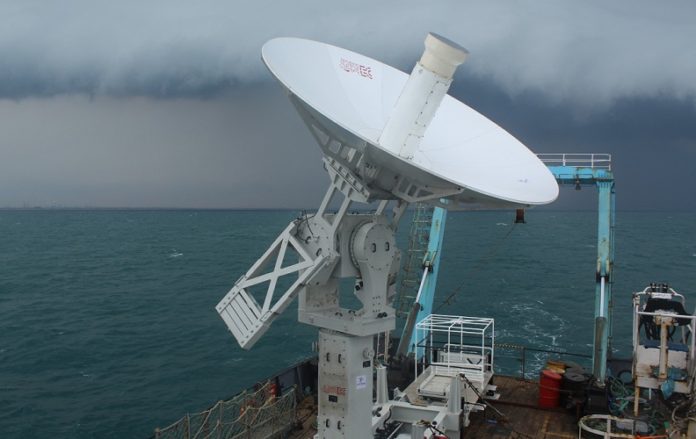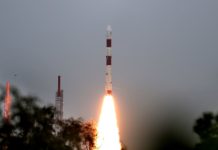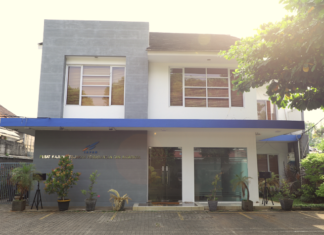The Indian Space Research Organisation (ISRO) has announced that it successfully tested its new Ship Borne Transportable (SBT) Antenna Terminal during the launch of the PSLV-C38 on 23 June 2017.
Developed by ISRO’s Telemetry, Tracking and Command Network (ISTRAC), the 4.6 meter terminal is suitable for use on ships, marking the first step in ISRO’s development of sea-based Telemetry Tracking and Command (TTC) stations, and providing an alternative to the current ground-based ones.
The terminal has been designed to track the Polar Satellite Launch Vehicle (PSLV), which has gained a reputation for being ISRO’s workhorse, and is one of the most reliable and cost-effective launch vehicles globally for deployment of satellites to the Sun-synchronous Orbit (SSO).
During its first sea trial on 23 June 2017, the terminal was integrated on the Sagar Manjusha ship hired from the National Institute of Ocean Technology (NIOT), which was stationed at an observation point in the Bay of Bengal. It successfully tracked the PSLV-C38 from its predicted Acquisition Of Signal (AOS) time to Loss Of Signal (LOS) time, in auto-track mode.
The SBT Antenna Terminal will prove invaluable to ISRO’s future projects, especially deep space missions, for which tracking ships are extremely useful. So far, only the US, China, Russia and France have fully-fledged tracking ships comprising of sea-based tracking and telemetry systems. China’s fleet, known as Yuan Wang, is actively used to track its launch vehicles, especially during space exploration missions.







